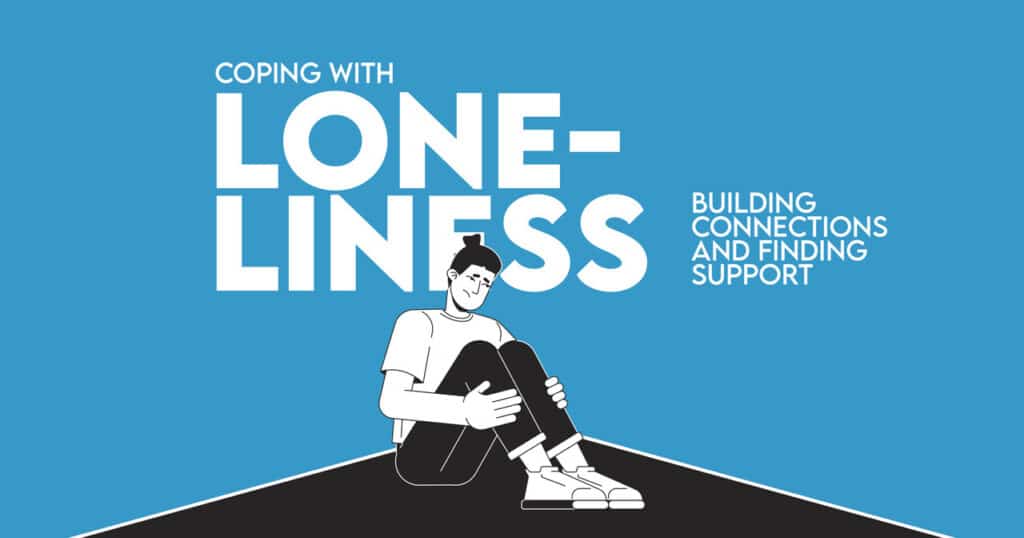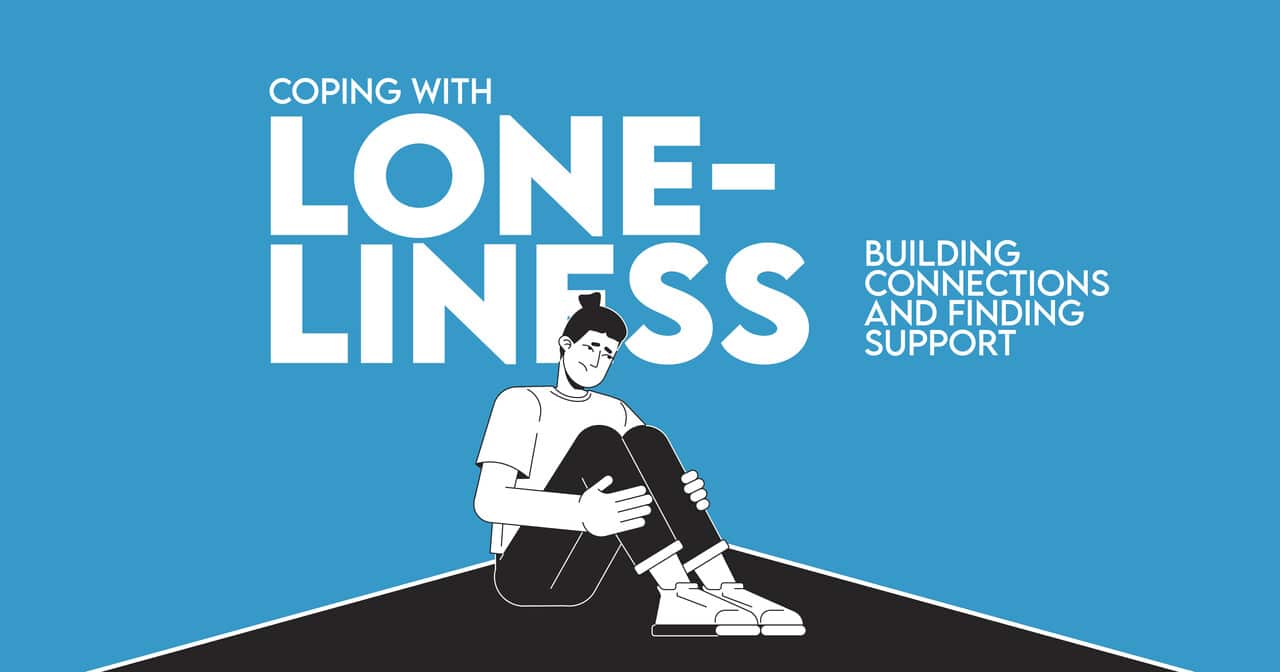Introduction
Hey there! If you’re feeling a bit lonely or disconnected, you’re not alone. Loneliness can sneak up on anyone, whether you’re surrounded by people or spending time on your own. In today’s hyper-connected world, it might seem like everyone else is living their best lives, but sometimes we still end up feeling isolated.
Let’s explore how to cope with loneliness, build meaningful connections, and find the support you need to navigate these feelings. Grab a comfy seat, and let’s dive into some practical strategies and insights.
Essential Takeaways
- Loneliness is a Complex Emotion That Can Affect Both Mental and Physical Health
Loneliness impacts both emotional and physical health, so it’s important to recognize its signs and take proactive steps to manage it. - Building and Maintaining Connections Requires Effort and Consistency
Actively engage in activities that foster relationships, such as joining groups, volunteering, and reaching out to others. Consistency is key to forming strong connections. - Self-Care and Professional Support Are Essential for Managing Loneliness
Incorporate self-care practices into your routine. If loneliness becomes overwhelming, seeking professional help from a therapist or counselor can provide additional support.
Understanding Loneliness and Its Impact
What Is Loneliness?
Loneliness is more than just being alone; it’s a profound feeling of disconnection. You might have a busy schedule, be surrounded by people, or even have a supportive family, yet still feel isolated. It’s a complex emotional state where you’re longing for deeper, more meaningful relationships but finding them elusive.
The Emotional and Physical Effects of Loneliness
Loneliness doesn’t just affect your mood; it can have physical effects too. You might notice increased anxiety and depression, higher blood pressure, a weakened immune system, and even a shorter lifespan. Emotionally, loneliness can lead to sadness, hopelessness, and a sense of disconnection.
Recognizing the Signs of Loneliness
Emotional Indicators
Feelings of emptiness, sadness, or a sense of being misunderstood are emotional red flags.
Behavioral Changes
You may start avoiding social events, withdrawing from activities, or feeling a lack of energy and enthusiasm.
Strategies for Coping with Loneliness
Building and Maintaining Social Connections
- Reaching Out to Others
Proactively reach out to old friends or acquaintances. A simple text or call can sometimes rekindle old bonds.
- Joining Clubs and Groups
Consider joining groups that align with your interests. Being part of a community can provide a sense of belonging. - Volunteering
Volunteering provides purpose and opportunities to connect with like-minded individuals while giving back to your community.
Engaging in Meaningful Activities
- Pursuing Hobbies
Engaging in hobbies you love can serve as a great distraction and provide a sense of fulfillment. - Setting Personal Goals
Setting and achieving personal goals can boost self-esteem and create a sense of accomplishment.
Practicing Self-Compassion and Self-Care
- Developing a Self-Care Routine
Establish a routine that includes activities that make you feel good, such as a long bath or enjoying a good book. - Practicing Self-Compassion
Treat yourself with kindness and understanding. Acknowledge your feelings without being hard on yourself.
Seeking Professional Help
When to Seek Therapy
If loneliness becomes overwhelming, it might be time to seek professional support. A therapist or counselor can provide strategies and support to manage feelings of isolation.
Exploring Counseling Options
Explore individual therapy, group therapy, or online counseling to find the right fit for your needs.
Building Lasting Connections
Effective Communication Skills
- Active Listening
Fully engage with others by giving your full attention and responding thoughtfully. - Expressing Yourself Honestly
Open and honest communication fosters deeper connections.
Finding Communities and Support Groups
- Joining Support Groups
Support groups provide a sense of community and shared experiences. - Exploring Online Communities
Online communities can offer support and connection, especially if in-person groups aren’t accessible.
The Role of Technology in Combating Loneliness
Leveraging Technology to Build Connections
While social media can contribute to feelings of isolation, it can also be a powerful tool for connection. Use social media to engage in positive online interactions.
Virtual Meetups and Online Support Groups
Virtual events offer flexibility and accessibility, allowing you to connect with others from the comfort of your home.
Encouraging a Positive Outlook
Shifting Your Perspective on Loneliness
- Reframing Loneliness as an Opportunity
Use loneliness as a time for personal growth and self-reflection. - Building Resilience and Optimism
Focus on building a positive mindset and developing resilience to challenges.
Conclusion
Coping with loneliness is a journey, but by building connections, practicing self-care, and seeking support, you can cultivate a sense of belonging. Embrace opportunities to connect and develop meaningful relationships, and remember that it’s okay to seek help.
FAQs
- What are some signs that I might be experiencing loneliness?
Signs include feeling disconnected, persistent sadness, and withdrawing from social activities. - How can I start building connections if I’m feeling socially isolated?
Start by reaching out to old friends, joining clubs, volunteering, or participating in online communities. - What are some effective self-care strategies for managing loneliness?
Establish a routine, engage in hobbies, practice mindfulness, and maintain a healthy lifestyle. - When should I seek professional help for loneliness?
If loneliness affects your daily life or causes emotional distress, consider seeking professional help. - How can technology help me cope with loneliness?
Technology provides platforms for social interaction, such as online communities and virtual events.




